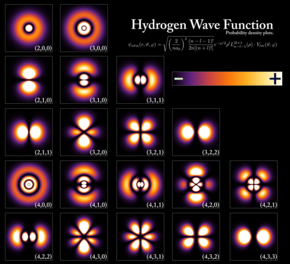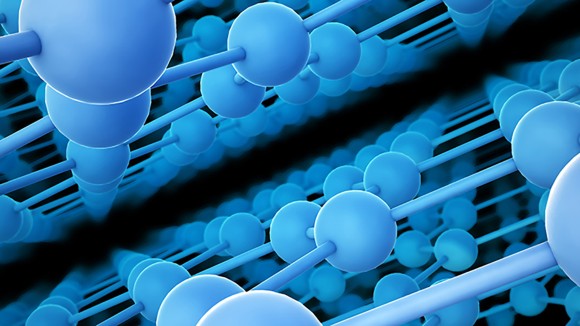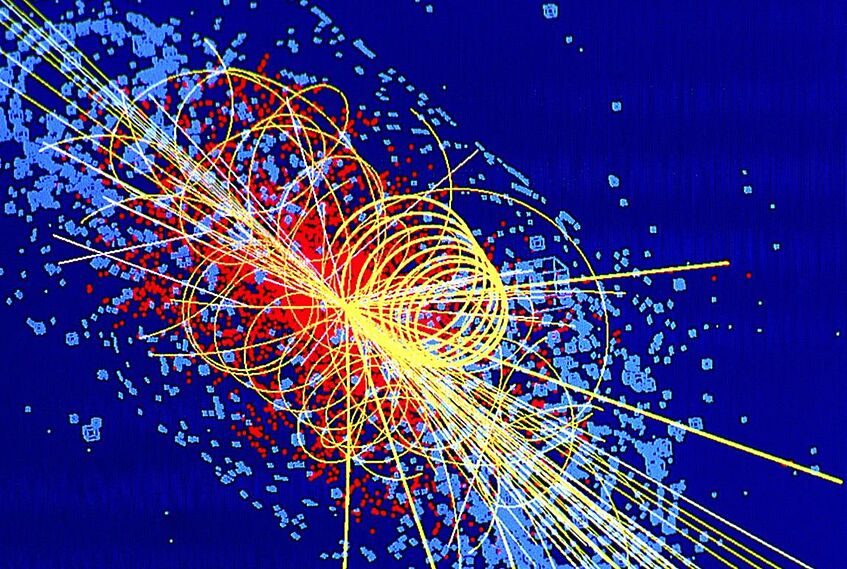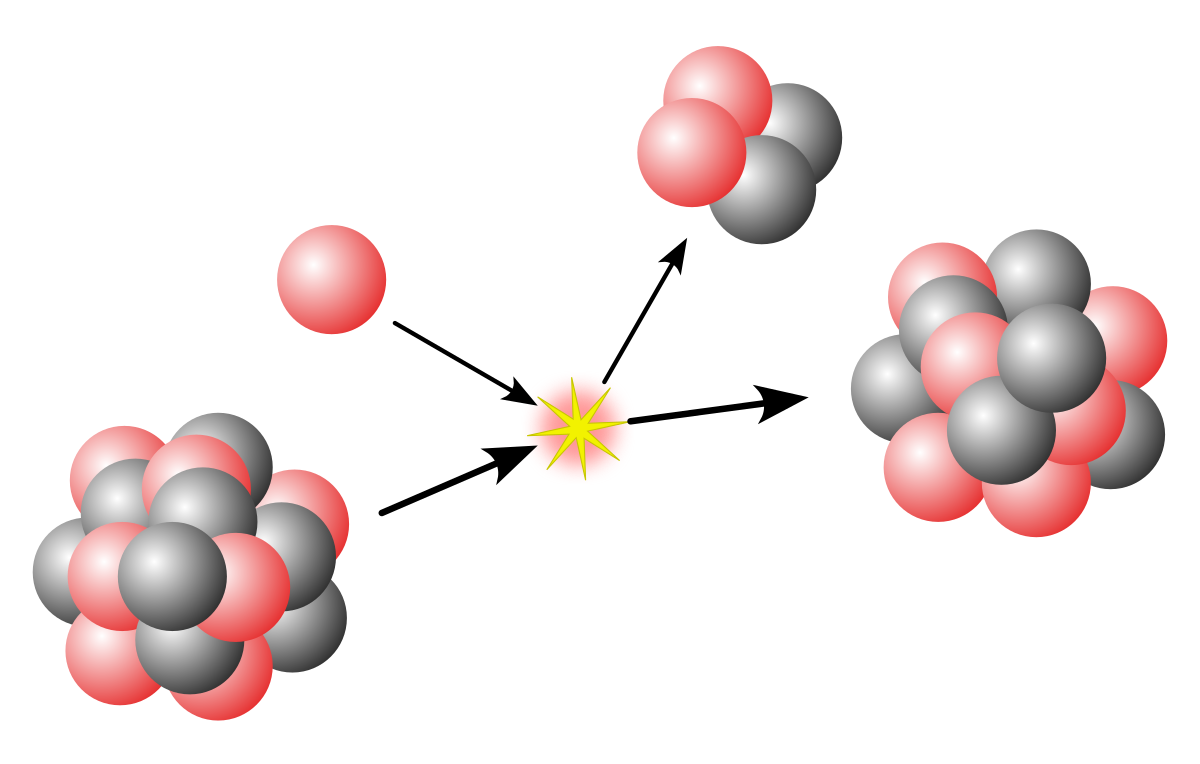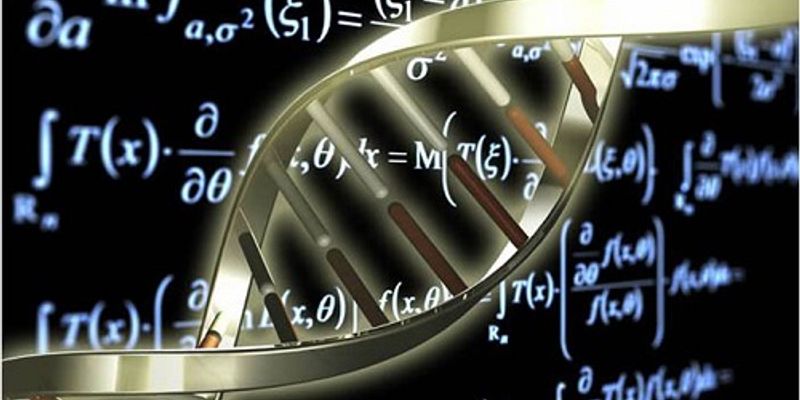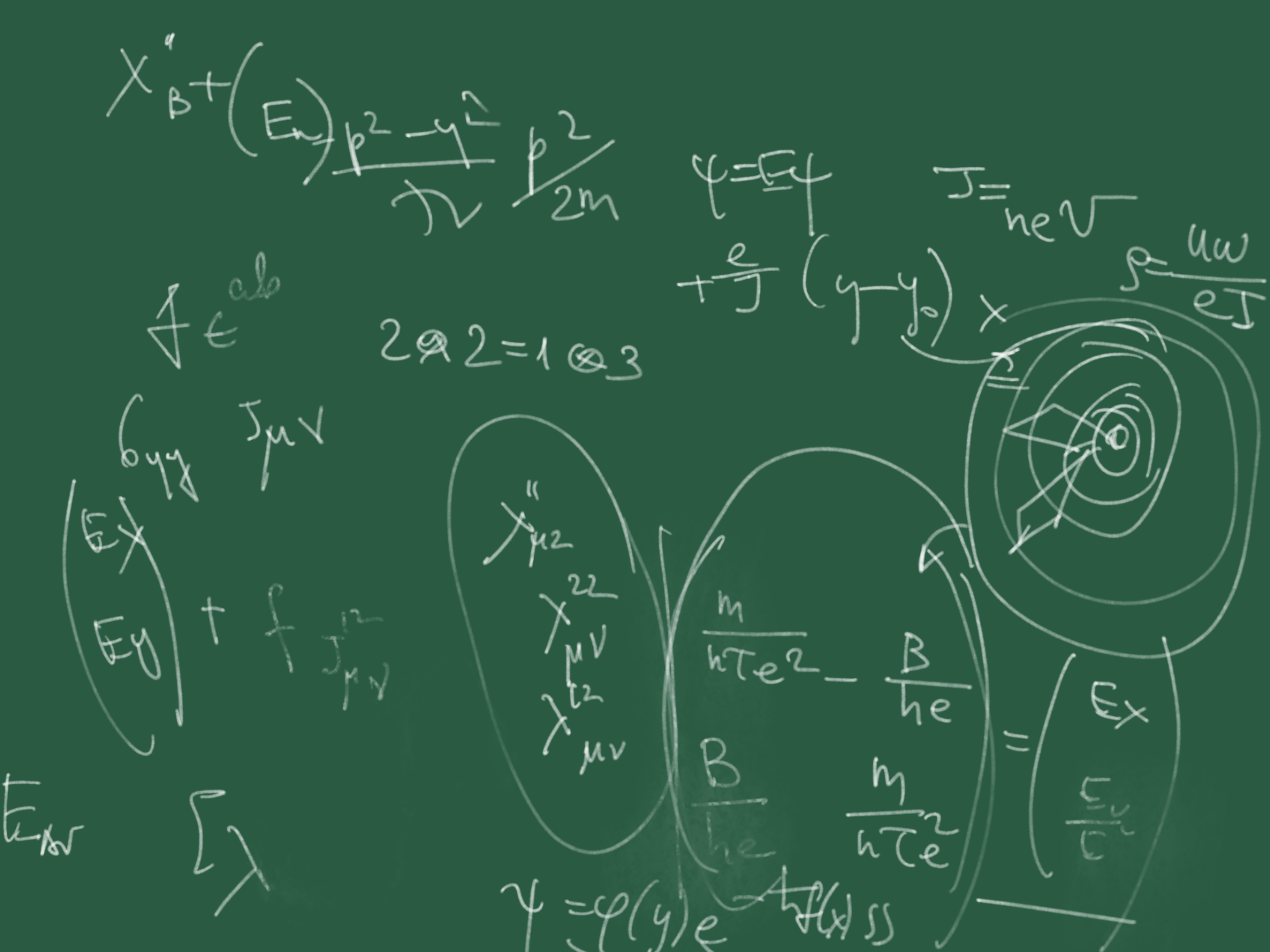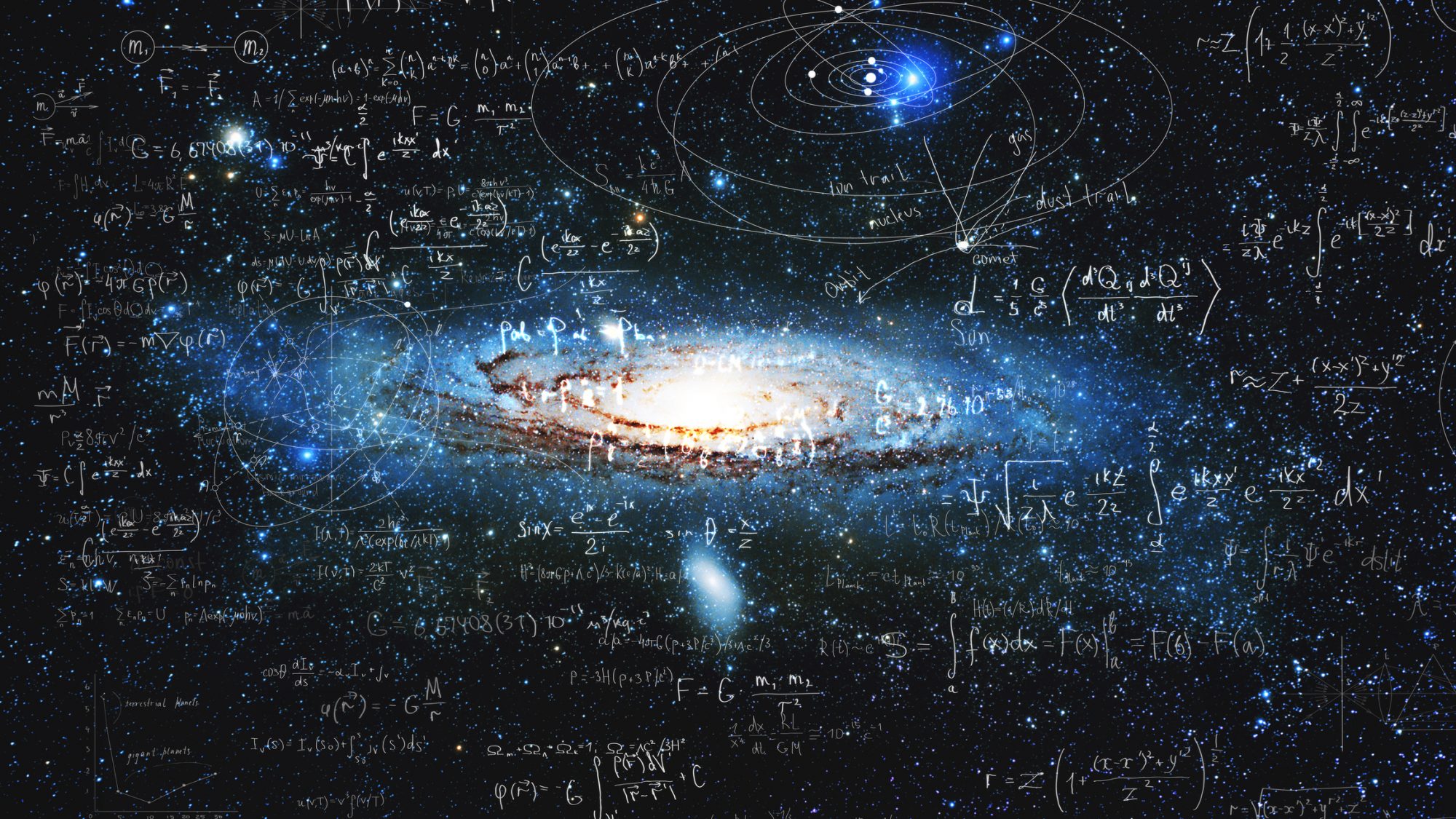- About Us
- Academics
-
Admission
If you wish to pursue a master's or doctoral education, this may be right for you.
Read moreYou are considered a first-year student if you have not enrolled at another college or university since graduating from high school
Read moreHave you undergone approved subject combinations and are seeking Direct Entry admissions into Nigerian and partnering foreign tertiary institutions? this programme is for you
Read more - Student
- Contact us
- APPLY NOW
-
Academics
-
Faculty of Pure, Applied and Health Sciences
- FACULTY PAGE
- Department of Biological Sciences
- Department of Chemical Sciences
- Department of Earth Sciences
- Department of Health Sciences
- Department of Mathematical Sciences
- Department of Medical Laboratory Sciences
- Department of Nursing Sciences
- Department of Physics
- Department of Science Education
- Faculty of Humanities, Social and Management Sciences
- Faculty of Environmental Sciences
- Faculty of Law
- All Programmes
-
Faculty of Pure, Applied and Health Sciences






